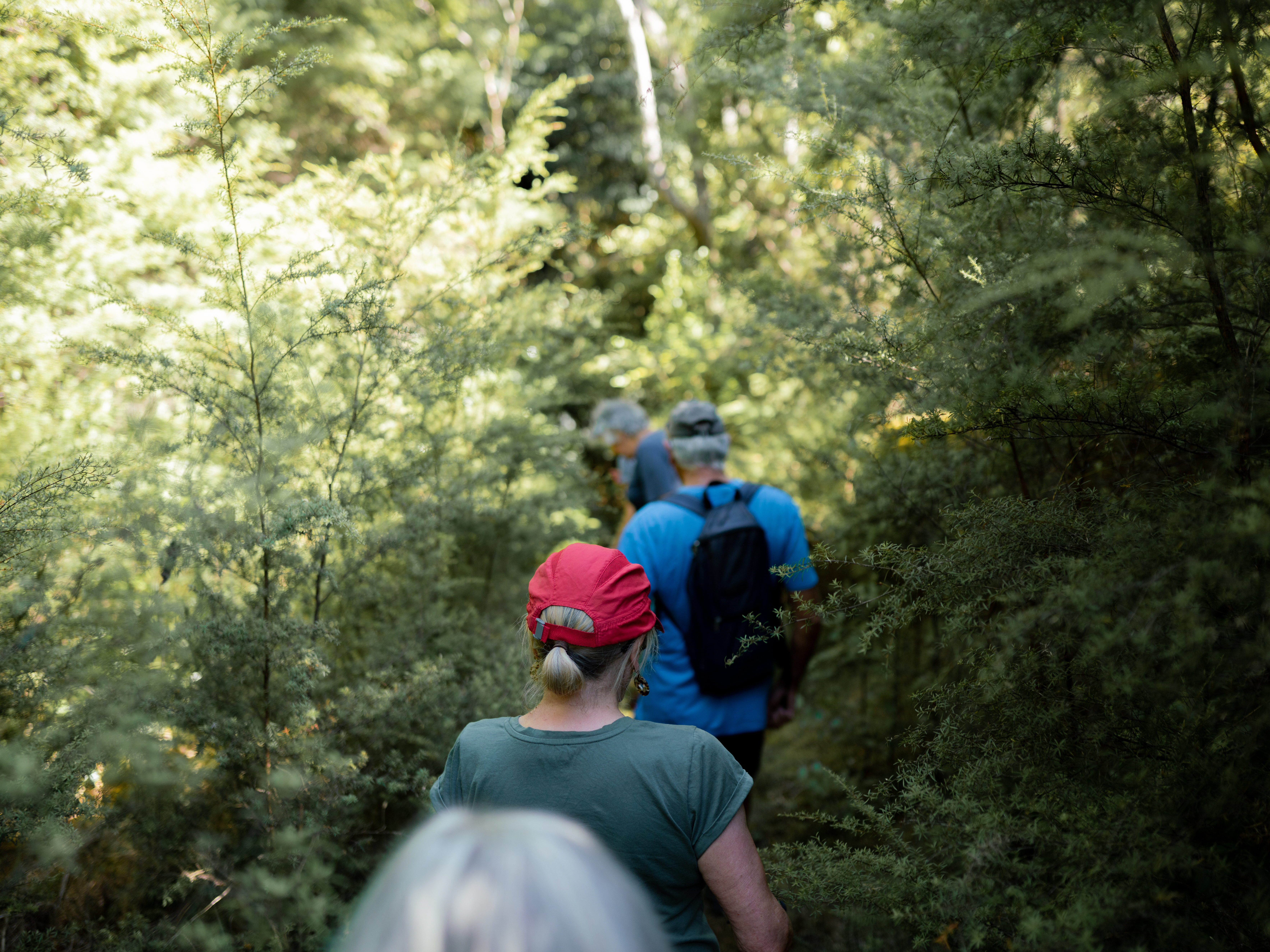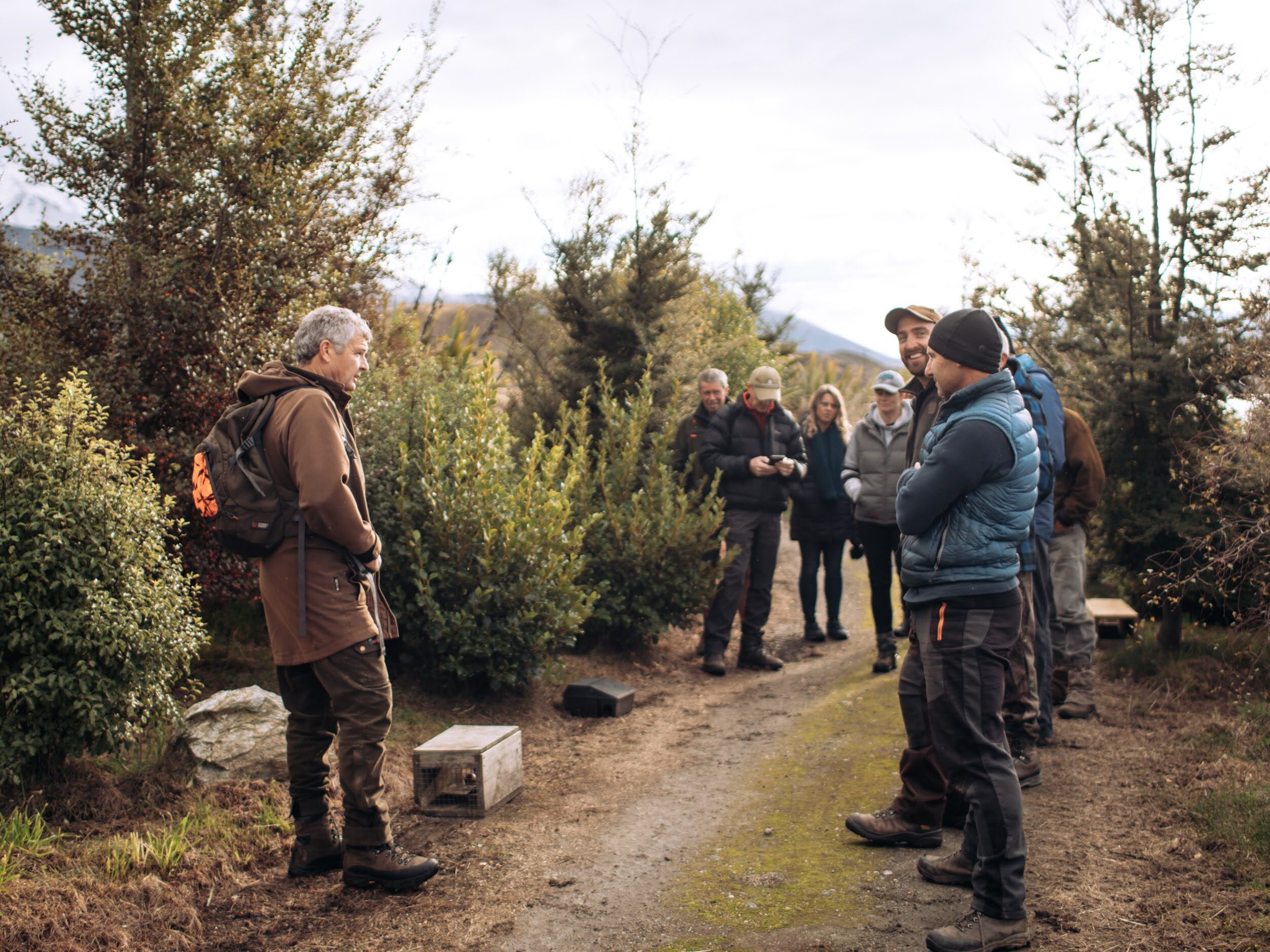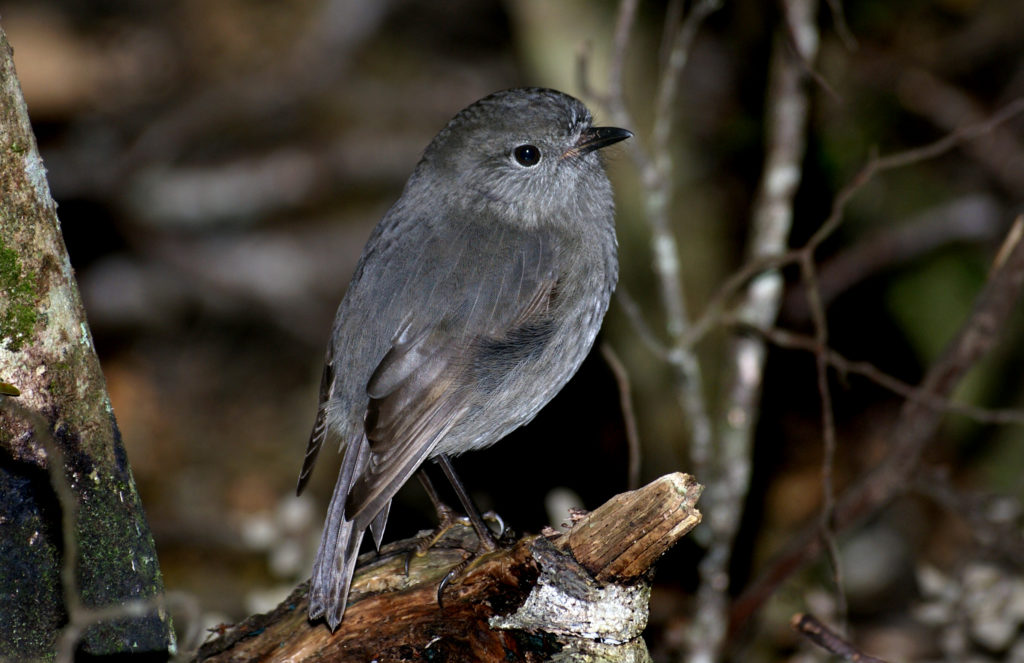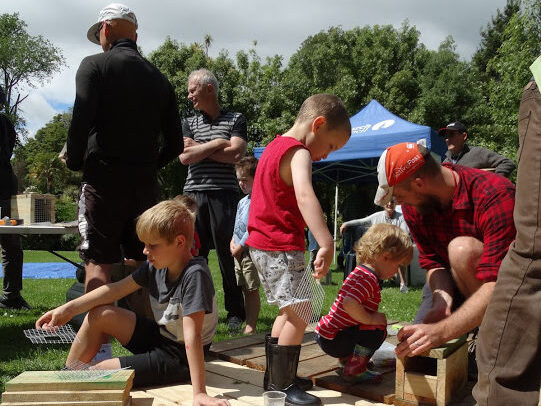ON THIS PAGE
Understanding the health of the Predator Free movement (2022)
We recently undertook a piece of research to “Understand the health of the Predator Free movement”.
The research is a representative sample of New Zealanders and measures their awareness and understanding of Predator Free 2050 as well as exploring people’s connection to nature, their concern around the loss of native biodiversity and their willingness to participate in predator free activities.
The results are interesting and there are plenty of insights that can be used to better engage New Zealanders’ with the predator free vision and its outcomes, we hope the wider sector will benefit and use the report.

The research was intended to created a benchmark and has been designed in a way enables it to be repeated in future to measure change in New Zealanders’ awareness and understanding of Predator Free 2050.
The research also included a special topic on New Zealanders’ thoughts on cat management and responsible cat ownership.
Download the report (PDF, 3MB)
Better together? A review of community conservation hubs in New Zealand (2020)
In recent years community conservation has seen a flurry of activity as people do their bit to help remove introduced predators from New Zealand and enable our native species to thrive.
With more groups working across the landscape, the demand for expertise, resources and advice has also grown significantly. The existing support structures aren’t designed to cope with this increased demand and in some cases it is distracting key staff from more important work.

As a result, we’re seeing a number of community conservation hubs being established to help support community groups in their area. This support can range from reducing administrative load and providing easy access to technical advice, through to holding regular get-togethers. The goal of hubs is to enable groups to spend more time on the ground, which will ultimately lead to better conservation outcomes.
We commissioned a report from The Catalyst Group’s Dr Marie Doole looking into hubs, their challenges and benefits, and what support they need to ensure success. Dr Doole looked into some of the challenges faced by hubs including funding, relationships with agencies and structure.
Public Perceptions of New Zealand’s Environment (2019 and 2016)
The Public Perceptions of New Zealand’s Environment survey has been carried out regularly since 2000 and is renowned for giving key insights into the attitudes and viewpoints New Zealanders have regarding conservation and the natural environment.
In the 2016 and 2019 surveys, we commissioned a section investigating public perceptions and opinions relating to predator control. Specifically, we wanted to know more about the community’s control efforts for the ‘Big Four’ predator species; rats, possums, stoats and ferrets.
In the 2019 survey, Predator Free New Zealand Trust and the BioHeritage Challenge – Ngā Koiora Tuku Iko developed a further set of questions designed to evaluate New Zealanders’ opinions about pest control organised by statements supportive or unsupportive of pest control respectively.

Transforming community conservation funding in New Zealand (2018)

Community conservation often lacks the scale, expertise and financial backing to undertake transformational conservation alone.
This report by researcher Dr Marie Doole (nee Brown) from The Catalyst Group, highlighted the need for adequate support structures for community conservation; a clear strategy for outcomes to be monitored against; and streamlined funding processes that are prioritised based on ecological need and other objectives.
Volunteers want their efforts to make a difference so if we are able to show where clear outcomes can be achieved and direct funding to those places we can be more strategic in our efforts.
Costs of control of vertebrate predators by New Zealand regional and national agencies: July 2010 – June 2015 (September 2016)
In 2016, Predator Free New Zealand engaged Manaaki Whenua to produce a short report detailing the current funds spent on predator control by the major national and regional predator-control agencies: regional and unitary authorities, the Department of Conservation, OSPRI and the Ngā Whenua Rāhui programme.
Regional and national management strategies across New Zealand have implemented widespread programmes aimed at the control, suppression and eradication of introduced predators. This report details how the cost of predator control differs from agency to agency, at a regional and national level. In the survey, we asked agencies about their reason for control, target predators, method and monitoring type.

